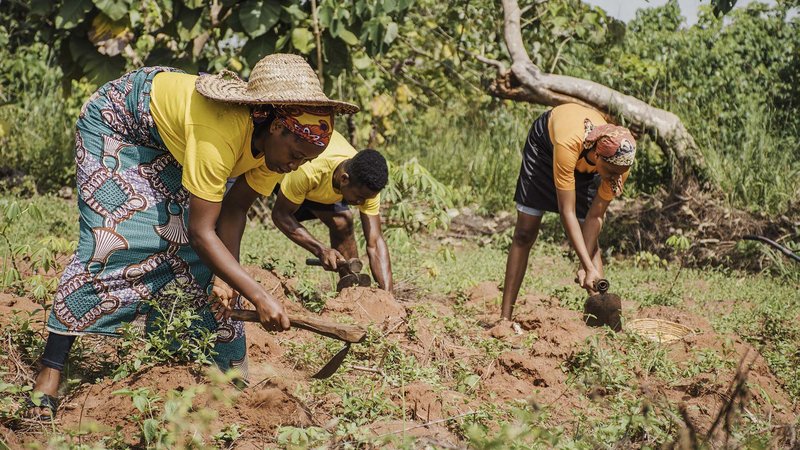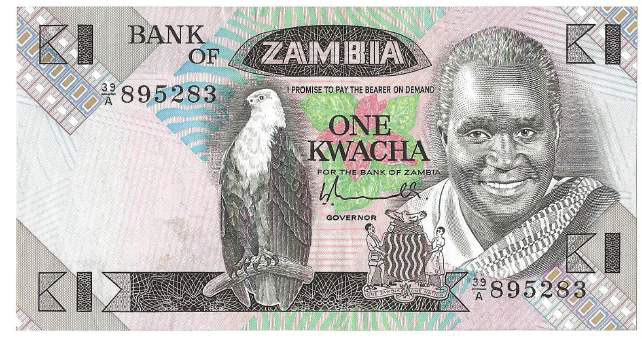The recent United States Agency for International Development (USAID) shutdown, sent ripples globally. Displacing thousands of workers and causing worldwide uncertainty. The shutdown has significant implications for Zambia, affecting various sectors and the daily lives of its citizens.
Impact on Healthcare
USAID has been a pivotal partner in Zambia's healthcare system, particularly in combating HIV/AIDS through the President's Emergency Plan for AIDS Relief (PEPFAR). The suspension of USAID operations has led to disruptions in the distribution of HIV medications and the halting of research programs.
Economic and Developmental Challenges
USAID's support extends beyond healthcare, encompassing economic development initiatives such as funding small and medium enterprises, infrastructure projects, and agricultural programs. The cessation of these programs potentially threatens job creation, income generation, and food security. For instance, USAID had announced $3.9 million to support women-led businesses in Zambia, funding that is now in jeopardy.

Why It Matters to Zambians
The shutdown of USAID presents significant challenges for Zambia, but it also offers an opportunity for the country to re-evaluate its dependency on foreign aid and shift toward more sustainable economic growth strategies. Economist Dambisa Moyo, in her book Dead Aid, argues that long-term reliance on foreign aid fosters economic stagnation, corruption, and a culture of dependency. Instead, she advocates for market-driven solutions, private-sector growth, and investment in local industries:
Encouraging Private Sector Growth
Moyo suggests that foreign direct investment (FDI), rather than aid, is a more sustainable path to economic development. The USAID shutdown forces Zambia to seek alternative sources of funding. Rather than depending on USAID’s agricultural development programs, Zambia can partner with private firms to modernise farming techniques, improve supply chains, and create local processing industries that generate employment and revenue.
Expanding Trade and Strengthening Regional Partnerships
With USAID funding drying up, Zambia has the chance to deepen its trade relationships within Africa, particularly through the African Continental Free Trade Agreement (AfCFTA). By strengthening its position as a trade hub for agricultural and manufactured goods, Zambia can reduce its vulnerability to foreign donor policies.
There are also numerous opportunities to diversify export markets, reducing reliance on traditional partners such as Western countries, looking further East and closer to home and expanding trade ties with neighbouring African countries. The door to establishing new economic partnerships driven by mutual benefit rather than charity, may be worth exploring.
Tax Strengthening
With the USAID shutdown, there is a chance for Zambia to shift its focus towards domestic revenue generation through taxation, better resource management, and investment in sectors like tourism and renewable energy.
Strengthening tax collection on multinational corporations and ensuring that mining companies pay fair royalties could help Zambia replace lost aid revenue. Additionally, redirecting national spending toward infrastructure and social services instead of relying on donor-funded projects, may increase public trust and civic engagement.

Leveraging Capital Markets and Microfinance
A key aspect of Moyo’s strategy is encouraging African nations to raise capital through bond markets rather than aid dependence. Zambia can explore issuing sovereign bonds to finance major development projects rather than relying on grants. Additionally, further expanding microfinance programs can help small businesses and entrepreneurs access credit, fostering a culture of self-sufficiency. By bolstering local entrepreneurship by providing access to credit, Zambia can empower small-scale businesses in agriculture, technology, and manufacturing—creating a more dynamic, self-sustaining economy that does not hinge on donor generosity.
Focusing on Technological Innovation and Education
Rather than relying on donor-funded education and health programs, Zambia could partner with tech firms and universities to drive innovation in e-learning, telemedicine, and vocational training. Investing in STEM (Science, Technology, Engineering, and Mathematics) education could equip Zambians with skills to compete in the global economy. Additionally, digital finance and mobile banking can provide alternative ways to fund social programs without relying on donor money.
While the USAID shutdown brings immediate challenges, it also presents an opportunity for Zambia to implement new strategies. This moment could serve as a wake-up call for Zambia to pursue long-term economic strategies that prioritise self-reliance over donor dependency, ultimately creating a stronger, more sustainable future for all Zambians.








